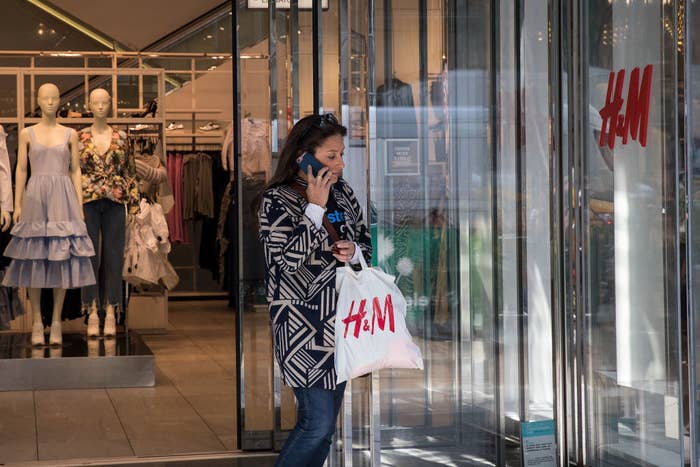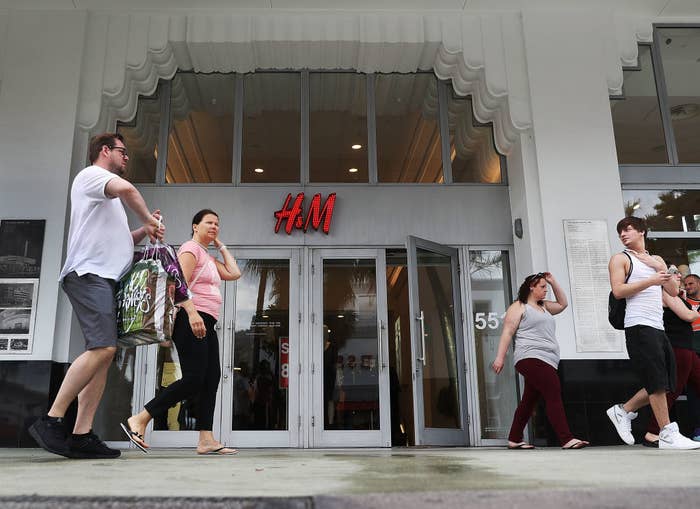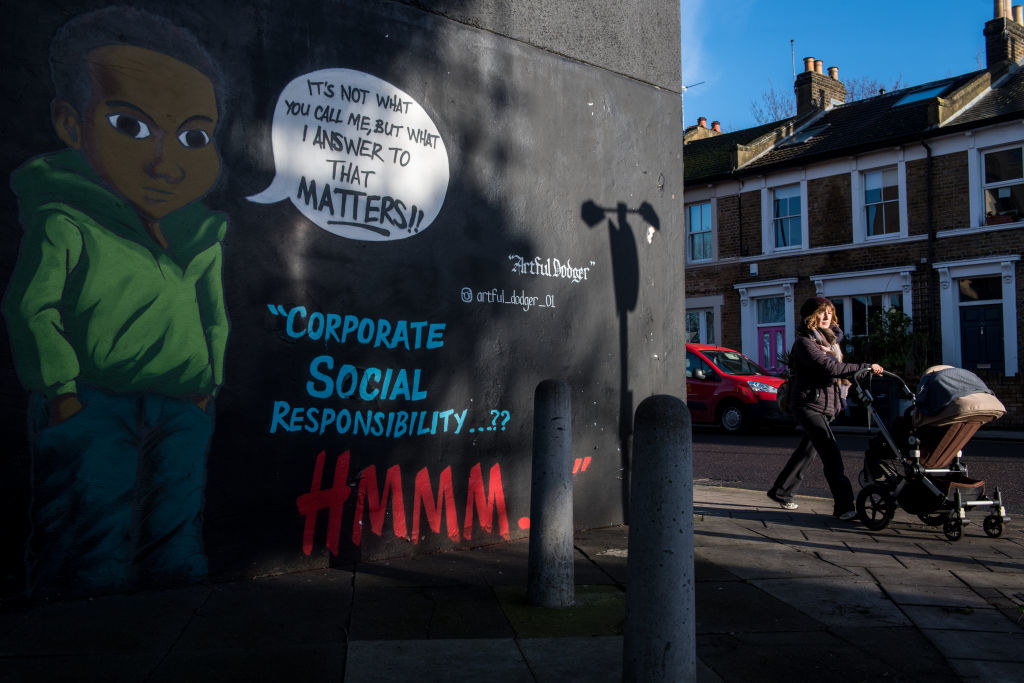
H&M's loss is shoppers' gain. The clothing retailer is selling its clothes at steep discounts across its stores in an attempt to slough off excess inventory it accrued due to "unusually cold winter weather," the company said Tuesday.
Because of "weak sales" over the quarter, the company is parting with some of its clothes through "substantial clearance sales," H&M's CEO Karl-Johan Persson said in a statement.
"The high level of clearance sales combined with unusually cold winter weather had a negative impact on the sales of the spring garments," he added.
In other words, expect clothes to be extra cheap at H&M until the company sheds all that excess inventory.
Overall the company's inventory grew 7% over the quarter that includes the holiday season, according to the company. Its profit for the first three months of 2018 fell 61% compared to the same quarter last year.

The company may blame bad weather for the slow sales and excess inventory, but it has been struggling to attract shoppers, particularly younger ones, even before the winter weather hit. Stores like Zara, Asos, and Boohoo have undercut H&M, one of the icons of fast fashion, with their higher-end, affordably priced styles. At the same time, younger shoppers prefer to shop online rather than in the store, which has led to lower foot traffic at its stores, Persson said in the company's 2017 full-year report.
Online sales for the H&M group, which includes stores across the world, increased by about 20% compared to the first quarter the previous year. The company does not disclose its store foot traffic numbers, but it reported a "negative" footfall in its last quarter and reduced foot traffic over 2017.
"We have had negative footfall to many locations around the world for a number of years," Persson told investors on Tuesday, adding that there was "a bigger drop" in the second half of 2017 that he attributes to "our mistakes."
H&M announced a new luxury brand aimed at millennials in January called Nyden, and that's led by Oscar Olsson, who has been with the company since 2013. Olsson told the Cut in January that the new line aims to serve the needs of "the Netocrat," a term used by H&M's "in-house" philosopher Alexander Bard to describe millennials.
In the meantime, the company has waded deeper into the discount sector with Afound, a marketplace with products from popular fashion and lifestyle brands sold at low prices, which is expected to launch in 2018. Its stores will open in Sweden this year "to start with," according to the company.
The company has also extended its reach into Asian markets as it began selling its apparel and home products this month on tmall.com, a commerce site run by Alibaba group.

The company has also been struggling in recent months with public criticism over accusations of racism in an ad and a lawsuit against a graffiti artist whose work it used in an advertising campaign without his permission.
In January, the company apologized and removed an ad featuring a photo of a black boy wearing a hoodie with the line "coolest monkey in the jungle," which shoppers called racist. The photo spurred celebrities, like the Weeknd, to say they would not work with the company.
And in March, the company sued a graffiti artist who accused the company of using his art in an advertisement without his permission. Revok, the artist, sent the company a cease and desist letter to stop using his work in the ad and threatened to sue. Before he sued, the company filed a lawsuit in a Brooklyn court arguing that Revok has no right to the work that he painted illegally.
After shoppers threatened to boycott the company over the claim, H&M withdrew the lawsuit. "H&M respects the creativity and uniqueness of artists, no matter the medium," it said. "We should have acted differently in our approach to this matter."
